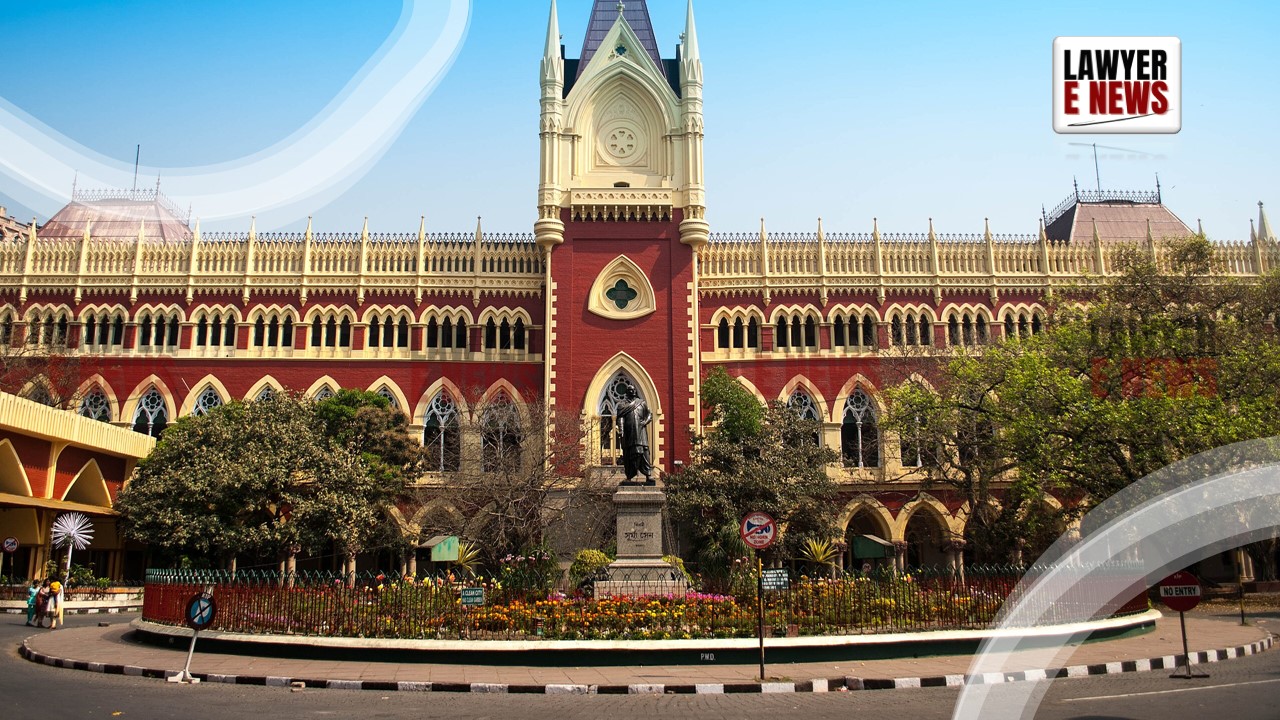-
by Admin
15 February 2026 2:36 AM



Application for revocation of probate granted to respondents dismissed, highlighting the necessity for a civil court’s declaratory decree on the applicant’s status.
The Calcutta High Court has dismissed an application seeking the revocation of probate granted to the respondents in the estate of Satyabrata Ghosh. The petitioner, Michael Soumen Ghosh, claimed to be the biological son of the testator and argued that he was not cited in the probate proceedings. Justice Apurba Sinha Ray emphasized that the testamentary court’s jurisdiction is limited and cannot adjudicate on the status of an alleged biological son without a civil court’s declaratory decree.
The petitioner, Michael Soumen Ghosh, filed for the revocation of probate granted on October 12, 2023, asserting his status as the biological son of Satyabrata Ghosh, the testator. He claimed he was born during the wedlock of Phyllis Irene Roy with Sudhindra Narayan Roy but was fathered by Satyabrata Ghosh. The birth certificate and passport listed Sudhindra Narayan Roy as his father, leading to a legal presumption of legitimacy under Section 112 of the Indian Evidence Act, 1872. The petitioner argued that this presumption could be contested, and he was prepared to undergo a DNA test to prove his biological link to Satyabrata Ghosh.
Justice Apurba Sinha Ray emphasized that the petitioner’s claim of being the biological son of the testator was complicated by the legal presumption under Section 112 of the Indian Evidence Act, 1872, which favors the legitimacy of a child born during wedlock. The court observed, “The presumption of legitimacy is so strong that it cannot be rebutted by a mere letter from the mother or other informal documents.”
The court reiterated its limited role, stating, “A testamentary court is confined to verifying whether the testamentary disposition reflects the testator’s genuine intent without fraud or collusion.” The judgment highlighted that the testamentary court does not have the jurisdiction to order DNA tests or declare the legal status of individuals.
Justice Apurba Sinha Ray noted, “Without a declaratory decree from a civil court establishing the applicant as the biological son of Satyabrata Ghosh, the testamentary court cannot proceed with the revocation of the probate.” The court also pointed out that the applicant had not produced any civil court order altering his father’s name from Sudhindra Narayan Roy to Satyabrata Ghosh.
Justice Apurba Sinha Ray remarked, “The testamentary court’s function is very limited. It is enjoined under the law to see whether a testamentary disposition has been made by the testator according to his/her own will and desire, and not to decide on matters of status or legitimacy.”
The Calcutta High Court’s dismissal of the petition underscores the limited jurisdiction of testamentary courts in matters involving the status of individuals. By emphasizing the need for a civil court’s declaratory decree to establish biological relationships, the judgment clarifies the procedural boundaries within which testamentary courts operate. This decision serves as a critical reference point for future cases involving similar disputes over probate and legitimacy.
Date of Decision: June 14, 2024
